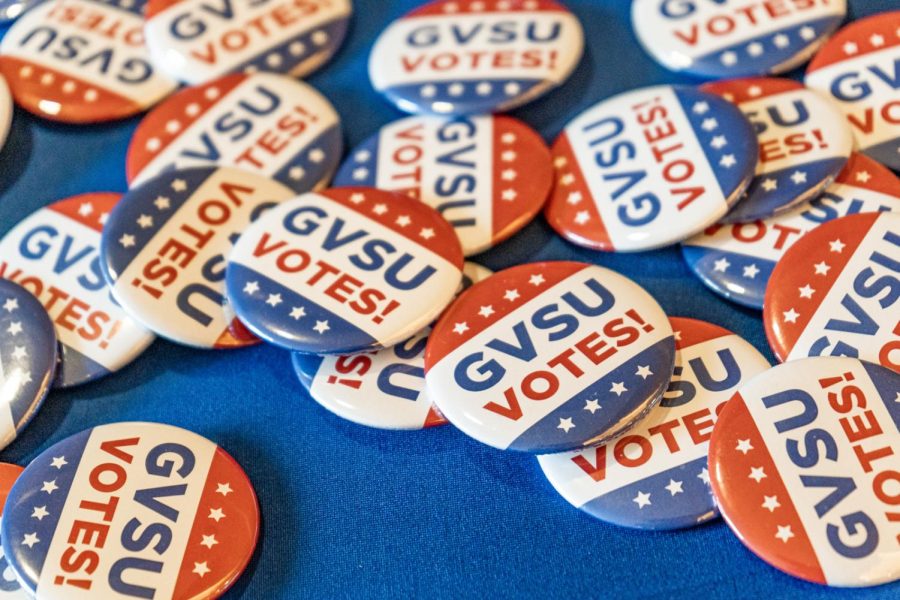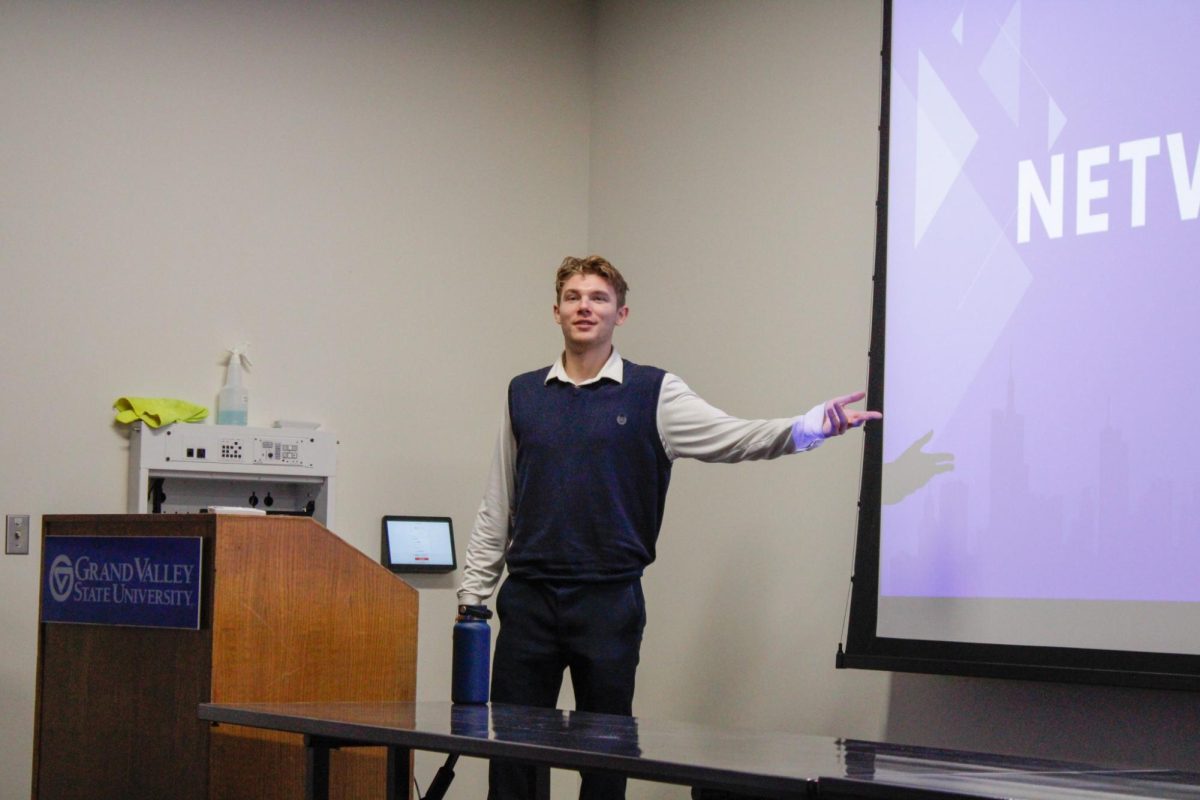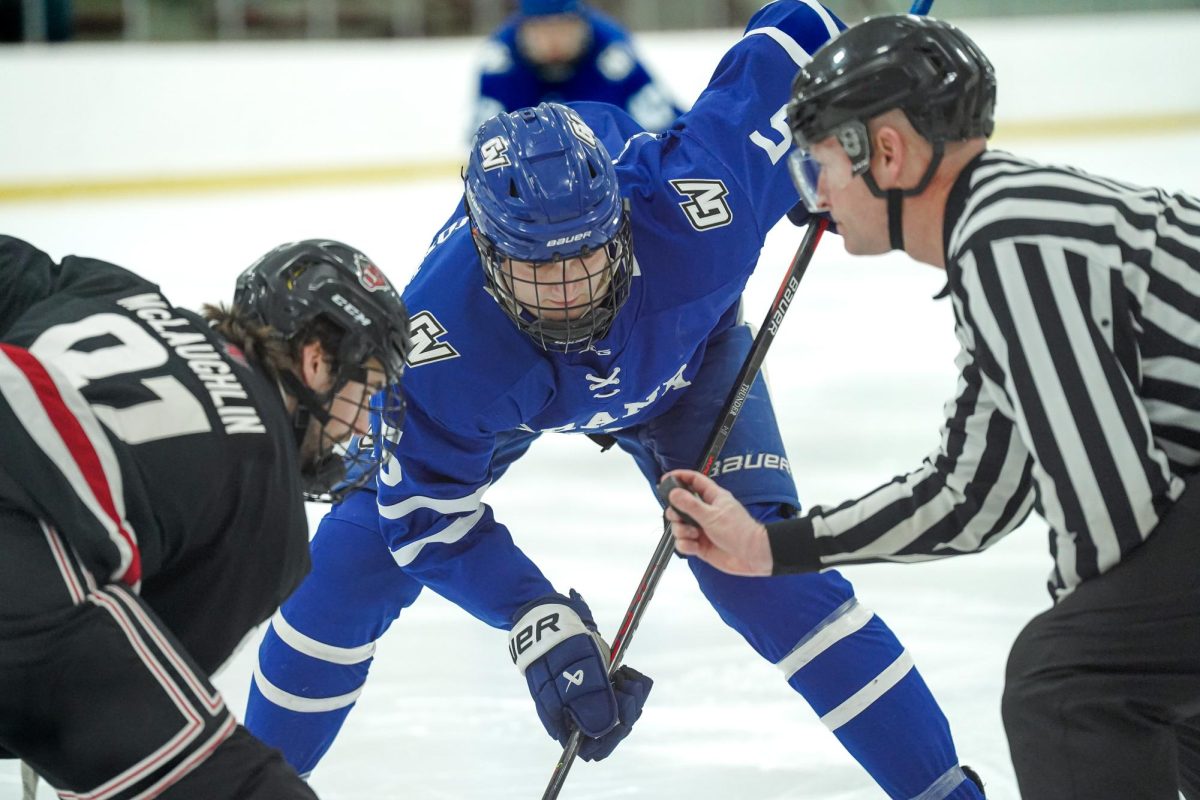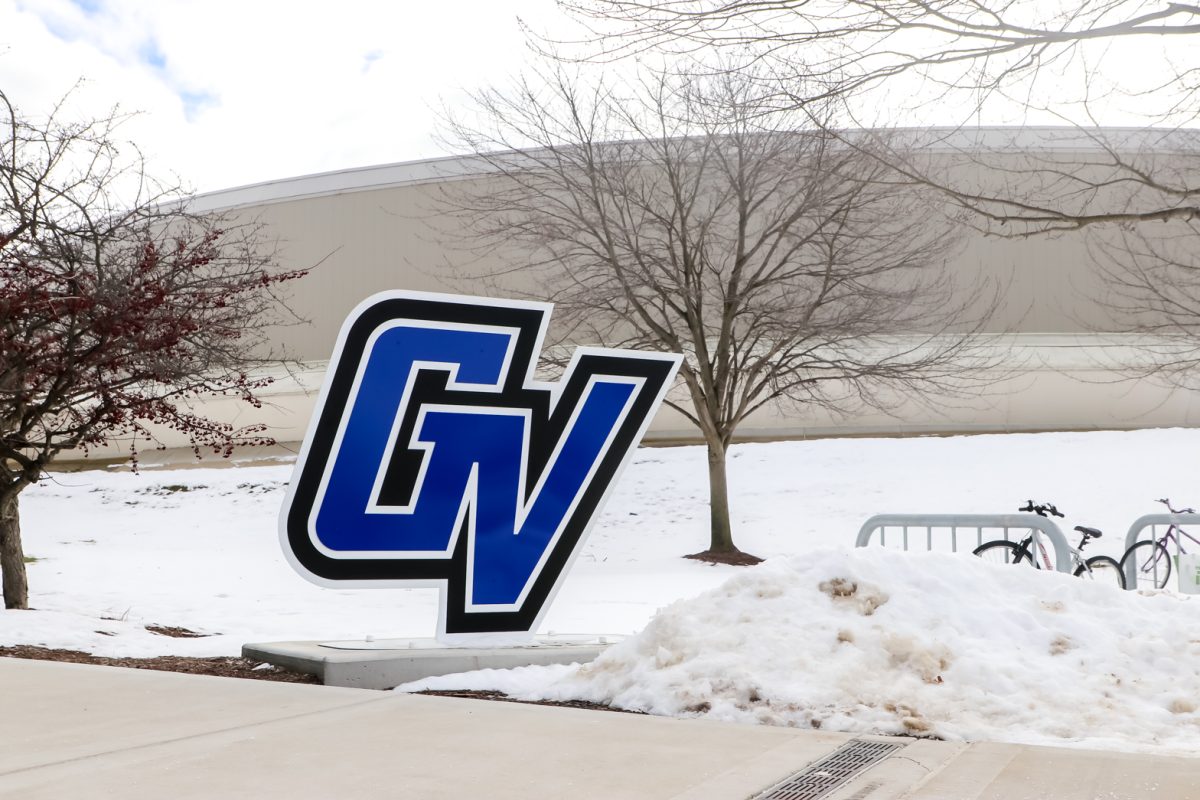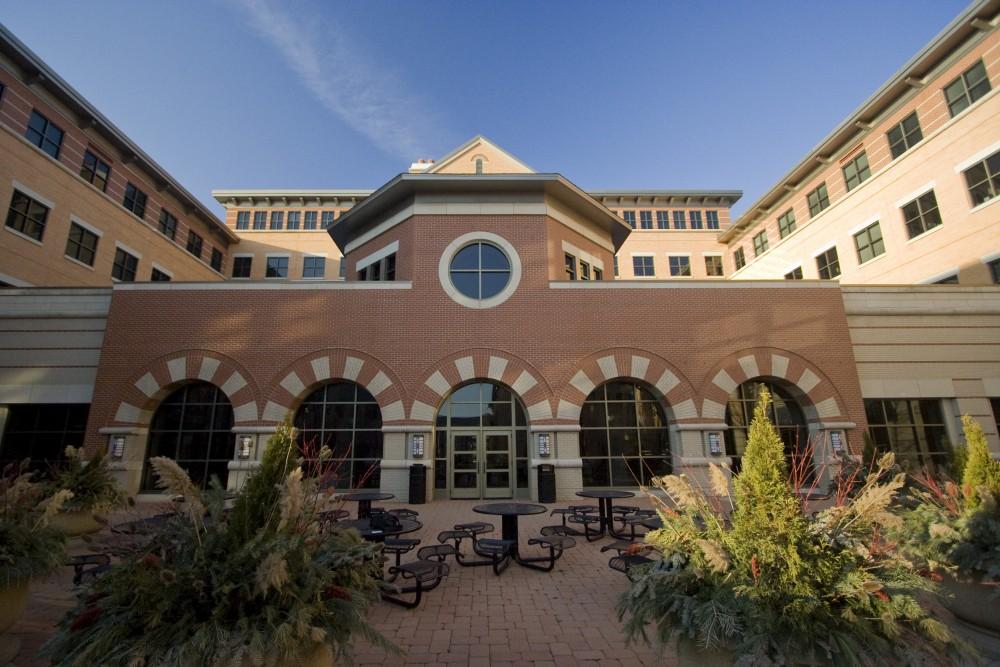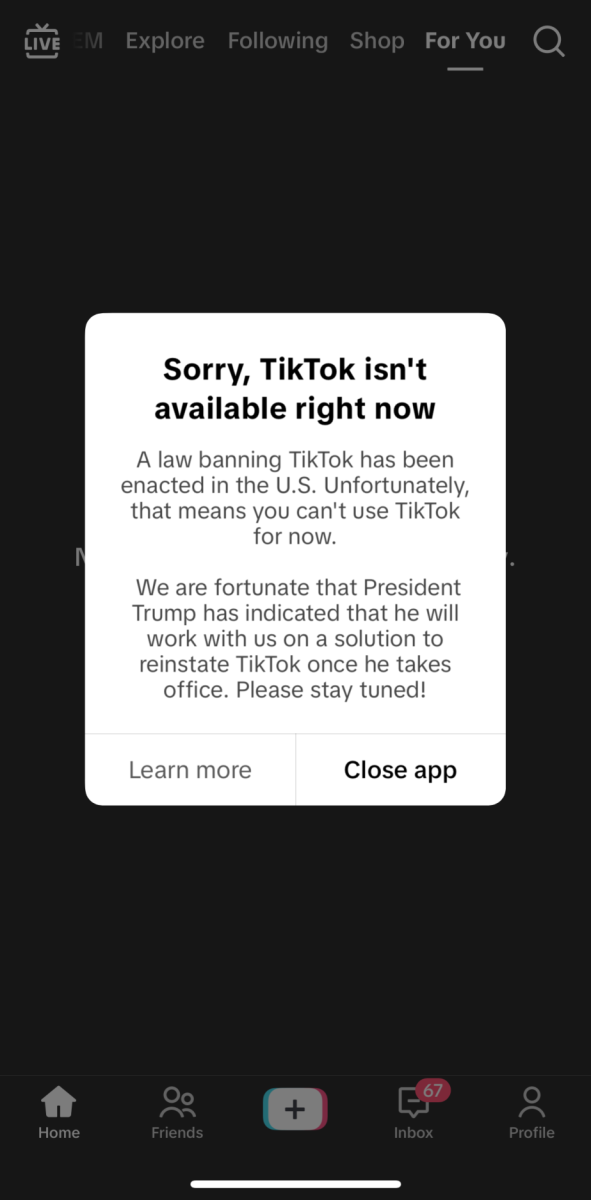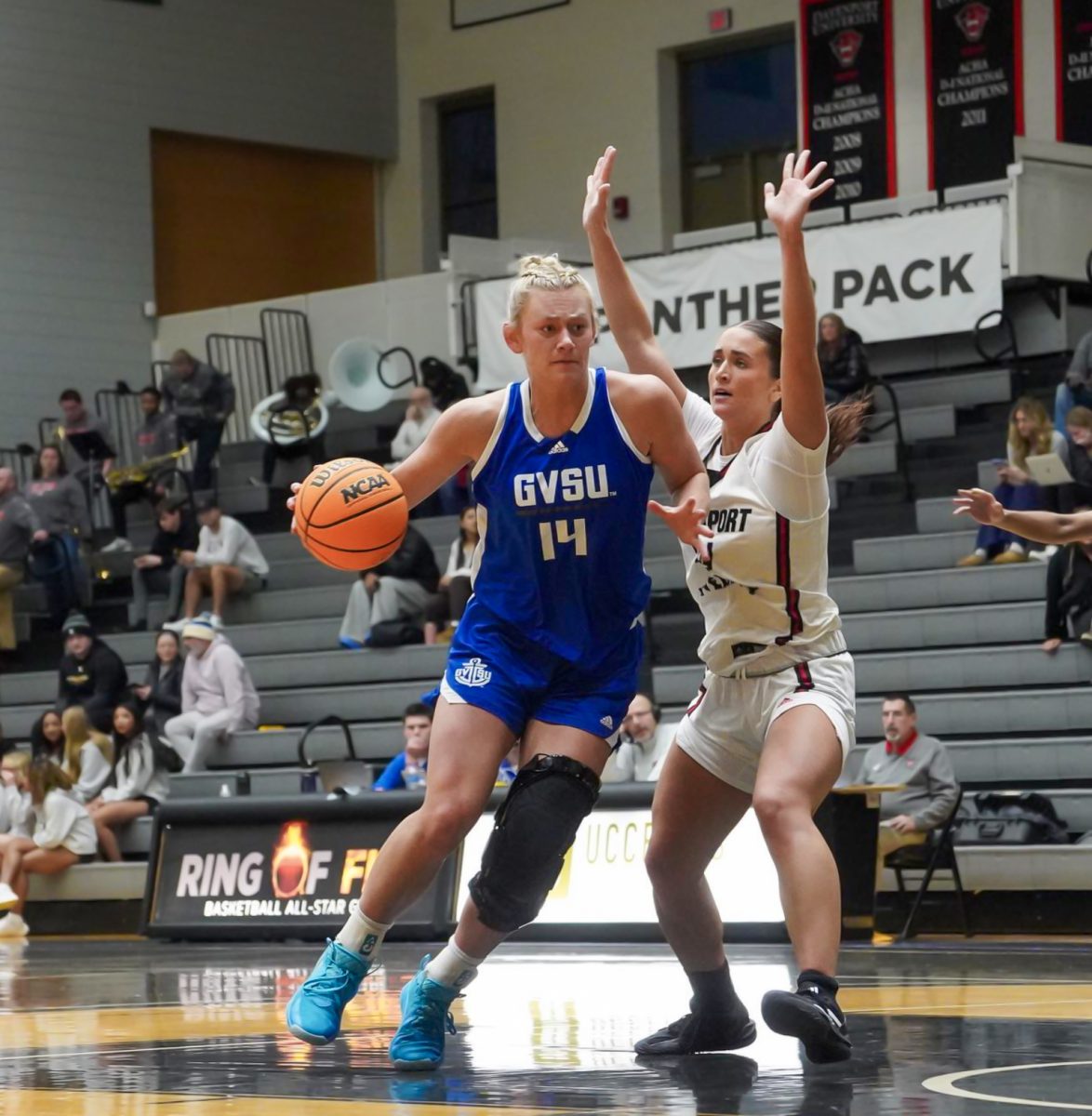Whitmer’s bill to move up MI presidential primary faces varying responses
Feb 13, 2023
On Feb. 1, Governor Gretchen Whitmer signed a bill to move Michigan’s presidential primaries up from the second Tuesday in March to Feb. 27 in 2024.
The proposed change, bolstered by Democratic support, will not come into effect in time for the 2024 election unless Republican senators approve of the plan. The move has both political and economic implications for the state of Michigan but may play against the Republicans in a large way.
Zachary Schmidt, Grand Valley State University Republican Vice Chair, was among the detractors of the new proposal.
“This change was made with little Republican support and is against the RNC’s (Republican National Convention) bylaws,” Schmidt said. “As a result, the RNC could remove 85-90% of Michigan’s delegates from the RNC nominating convention.”
President of GVSU College Democrats, Jacob Welch believes that an earlier primary stands to benefit both parties and the state as a whole.
“The pros are that we have a better spot when it comes to deciding on the president,” Welch said. “Both in the Republican and Democratic primaries, we’d have a larger sway. Michigan is a more representative sample of America and the fact that we are getting a larger say means that our primary victors will represent us better now, too.”
Moving the primary up also means increased attention on the state of Michigan during presidential elections. Demand for political advertising, appearances by politicians and so on could impact the state’s economy.
Welch compared Michigan to Iowa, a state well known for its important caucus and is typically one of the first in the nation to draw national attention, in what impact the date change could make. Having an earlier primary may affect candidates and the local populace.
“(There will be) more advertisements, more politicians pressing the flesh,” Welch said. “I saw an article that described the landmarks that politicians will use. In Iowa, which used to be the primary king, it was a staple for presidential candidates to go to the fairs and walk around eating obnoxiously large corn dogs. We’ll see a similar thing, maybe, here in Michigan.”
However, the fairgrounds aren’t the only venues that will be affected.
Whitt Kilburn, a professor of political science at GVSU, said the spotlight will now be on Michigan as candidates seek to appease the voters in the earlier primary.
“Candidates tend to be more attentive to the particular economic needs of early primary states, at least in their campaign promises,” Kilburn said. “So this is all good for Michigan.”
Increased media coverage will also come into play, especially as the novelty of Michigan’s earlier primary will be at the forefront of local minds.
“Michigan is already treated as a swing state, but there is so much more media attention that goes along with being an early primary state,” Kilburn said.
Kilburn also said this could potentially cost the taxpayers more money as well.
“The problem, however, is that only the Democratic party has formally agreed to move up Michigan’s primary,” Kilburn said. “The Republican party has not changed their date. So this doesn’t leave Republicans, and potentially taxpayers, with good options.”
If the Republicans don’t get on board with the date change, the taxpayers may actually end up paying more money to hold two separate primaries.
“Republicans could move up the primary date to match the Democrats, but they would lose delegates,” Kilburn said. “Or they could keep the date as is, but this means there would be two primary elections held by the State and paid for by taxpayers.”
The lack of bipartisan support for moving up the primary worries many voters, as they feel it will put the Republican voting base at a disadvantage.
Schmidt sees the move as a political ploy to help the Democrats gain an upper hand in the coming election.
“This change has the possibility to suppress Michigan Republican voters in the choosing of the Republican nominee for President,” Schmidt said. “I am saddened that Democrats choose to suppress Michigan Republican voters in the nominating process of choosing a Presidential nominee simply because they are playing internal politics. The average Michigander should come before internal Democratic politics.”
Welch was more optimistic about the benefits of an earlier primary election for both parties.
“Voters in later elections look at the victory of candidates in previous elections for primaries,” Welch said. “Voters think rationally, and they don’t want to vote for a candidate in a first-past-the-post system where they know they will lose. So what has the best odds of winning? Michigan is a more representative state, full of many different people and walks of life that will help highlight what America wants.”
Even so, Republicans still need to offer support to this change for it to take effect in time for the upcoming election. It’s uncertain whether the legislation will take effect in 2024 and depends on whether the change is approved by the end of November.




